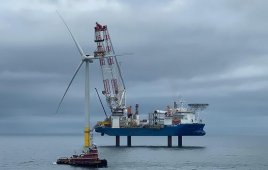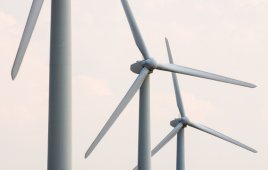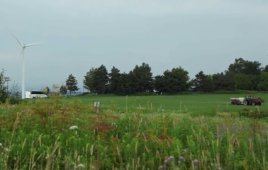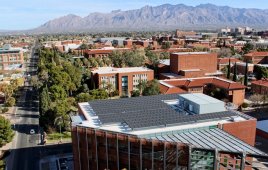This article comes from law firm Barnes & Thornburg LLP and is authored by Michael H. Elam, Ralph Dudziak, William P. Ewing, Mary G. Sennes and Anne Marie Carson
Following more than two years of extensive negotiations, the Illinois General Assembly passed the Illinois Future Energy Jobs Bill (Public Act 99-0906), which was signed into law in December, 2016 by Illinois Gov. Bruce Rauner. In addition to providing relief to the nuclear energy-generation facilities that comprise a material component of Illinois’ energy mix, this bill focuses on other sources of clean energy and promises a potential increase of between $12 billion and $15 billion of private investment, while addressing a number of clean energy initiatives.
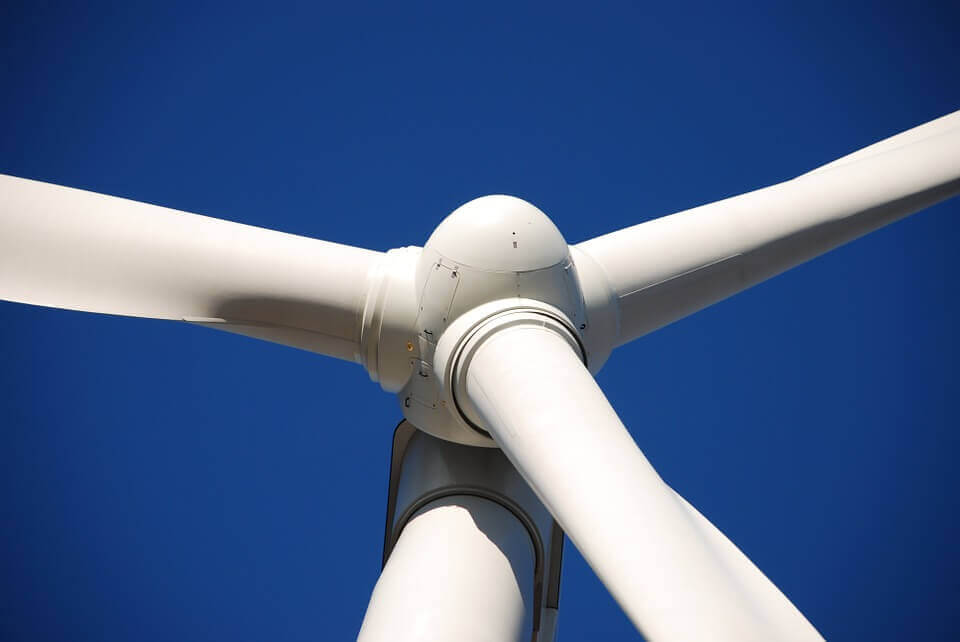
Significant to the wind and solar industry, the new legislation will reinvigorate Illinois’ prior Renewable Portfolio Standard (RPS), which during the past few years has not resulted in any appreciable renewable energy investment.
Significant to the wind and solar industry, the new legislation will reinvigorate Illinois’ prior Renewable Portfolio Standard (RPS), which during the past few years has not resulted in any appreciable renewable energy investment. The legislation sets a RPS target of 25% of energy generation to be contributed through renewables by 2025. Estimates suggest this could stimulate the development of at least 3,000 MW of solar and 1,300 MW of wind projects by 2030.
The legislation also creates Illinois’ first community solar program that will permit residents of Illinois, who currently cannot install solar panels on their premises, to acquire clean power through a “subscription” arrangement. In addition to the RPS provisions, the legislation includes provisions addressing net metering, eliminating demand charges and focusing on deployment of distributed generation as a grid resource.
While the 2007 energy efficiency programs in Illinois led to more than 85,000 jobs, this new legislation has the potential to add tens of thousands of additional jobs to the clean energy sector throughout Illinois. In addition to promoting increased private investment and fostering economic development, the Future Energy Jobs Bill will reach low-income communities by investing more than $750 million in low-income programs. The new attention to clean energy for low-income communities marks a shift toward clean energy across socio-economic backgrounds. While the true impact of the Illinois Future Energy Jobs Bill will be revealed over time, it is clear now that this new legislation marks a definitive shift in the renewable energy sector across the state of Illinois and beyond.
Filed Under: Policy


